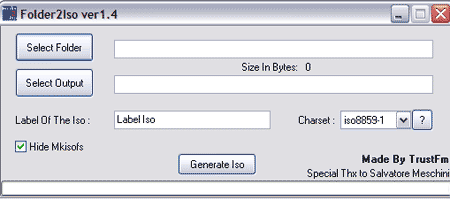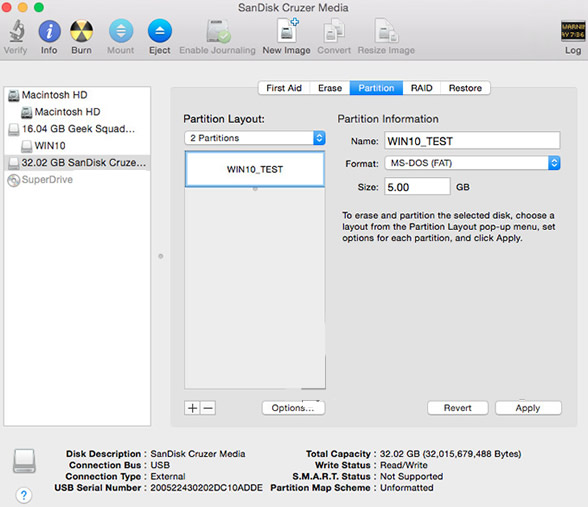

Obs.: if your MacOS complain, you need to disable the CSR before change this. That's it, now when you open the Bootcamp assistant you can use the option that allows you to create a USB install boot disk. it will ask if you want to replace it, then you answer yes. Save this file, go back to the contents of the Boot Camp Assistant and drag the newly edited file into. In my case I changed from Macbook7,2 to MacBookPro8,2. If it is like PreUSBBootSupportedModels, change the name to USBBootSupportedModels, expand this line and at the item0, edit and write down your MacBook model as a string value. Open this ist file with a plist file editor or xcode, then look for a line saying "USBBootSupportedModels". Then find the file ist and drag and drop to a whatever folder you created before. go to your application>utilities, select the Boot Camp Assistant app, right click > show packages content. Once it's done, unmount the USB drive (right-click and select Eject) from the desktop.So, for those who can't create the USB install disk, here some tip.

Note: You can't use Boot Camp Assistant on Macs with Apple M1 chips. You can also choose to install additional Windows support software, which will be helpful if you are planning to use the bootable disk to install Windows on your Mac.

This is an easy method and requires no additional software to be installed. If you have a Mac with an Intel processor, you can also use BootCamp Assistant to create a bootable Windows installation USB disk. Method 2: Create a Bootable USB Disk Using BootCamp Assistant


 0 kommentar(er)
0 kommentar(er)
